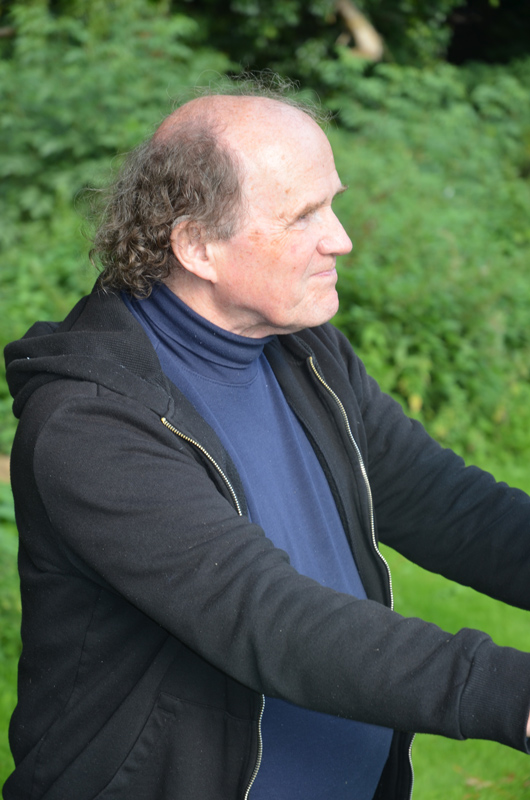“You don’t point very well, do you, Grandpa?” said one of my father’s grandsons, critically, when that child was about aged five. It’s true, though. Grandpa didn’t point very well, because 15+ years ago my Dad developed what’s called an essential tremor, which is, as I understand it, basically a short in the electrical wiring of the brain that causes (usually) the sufferer’s dominant hand to shake uncontrollably, but which can also affect the other hand, the head, and the gait. Dad, never one to do things by half measures,…
Tag: science!
I saw the eclipse!
It was significantly cloudy in Dublin at Solar Eclipse time and I had no real hope of seeing it. In fact, it was *raining* lightly, but I was still out and about and keeping an eye on the sky. Suddenly the clouds broke just enough to keep a haze over the sun, allowing me to look directly at the eclipse, which, at 9:23am, was close enough to the 90% totality seen today from Ireland to count. I am not lying, guys: it was fucking awesome. And that’s from somebody who…
He’s Gonna Send the Water From Zion
Recent climate reports say the Western Antarctic Ice Shelf (WAIS) has reached a tipping point. Comparatively warm water is coming up and melting it from beneath where it’s attached to land, and all that’s keeping it from working its way into a lower-than-sea-level valley where it can loosen the entire WAIS is a granite bulge. There is no stopping it from cresting that bulge; the only question now is when. At the moment the predictions are that water will continue to rise on the order of millimeters per year for…
Recent Reads: Science in the Capital Trilogy
I’ve just finished reading (for the 3rd time, according to my fairly exhaustive reading list) Kim Stanley Robinson’s Science in the Capital trilogy. I love this series; I loved it the first time I read it and I think it’s improved with the re-reads. It’d been about five years since I read them last, and I’d forgotten huge swaths of storyline and mentally revised at least one into something that totally didn’t happen. I had not forgotten, and was struck again, by the strength of the nature writing; reading this…
Science!
Apparently breast milk contains pluripotent stem cells–those are the ones that can turn into any cell in the body. That has got to be one of the most awesome discoveries of the century, and will be at the end of the century, too. As my cousin said, “That explains a lot about why breast milk seems to have such great healing properties.” Wow. Just wow. An astronaut’s Tumblr. Seriously, the photos here. Just wow. How zinc works on the immune system–and why less is more with it. That’s kinda cool.…
